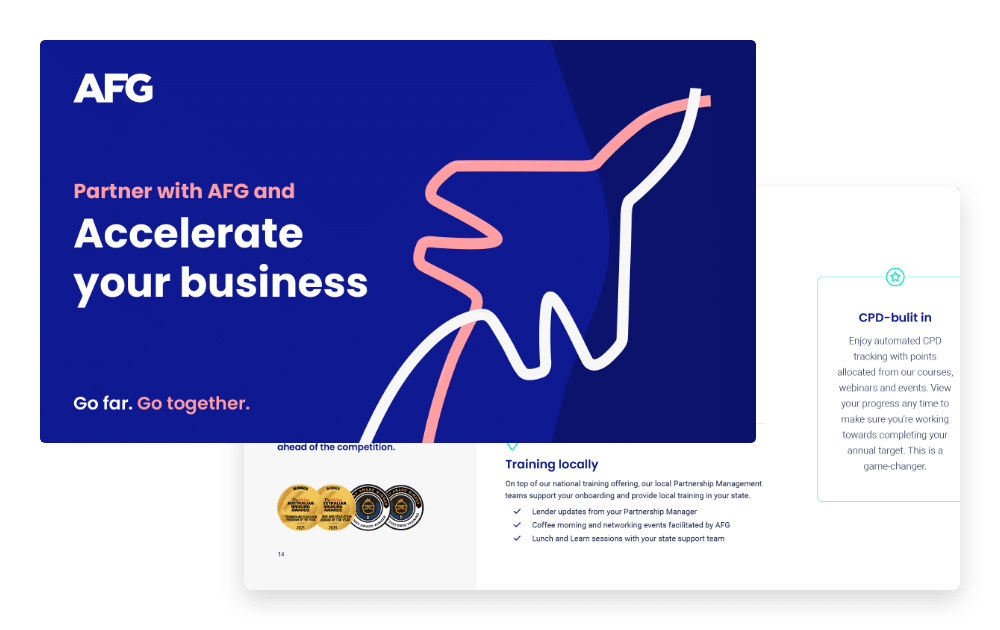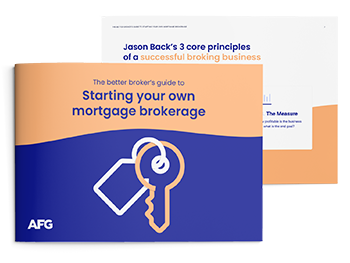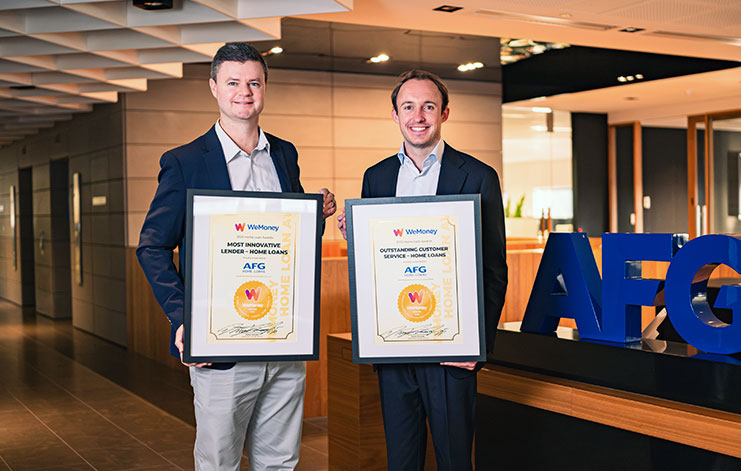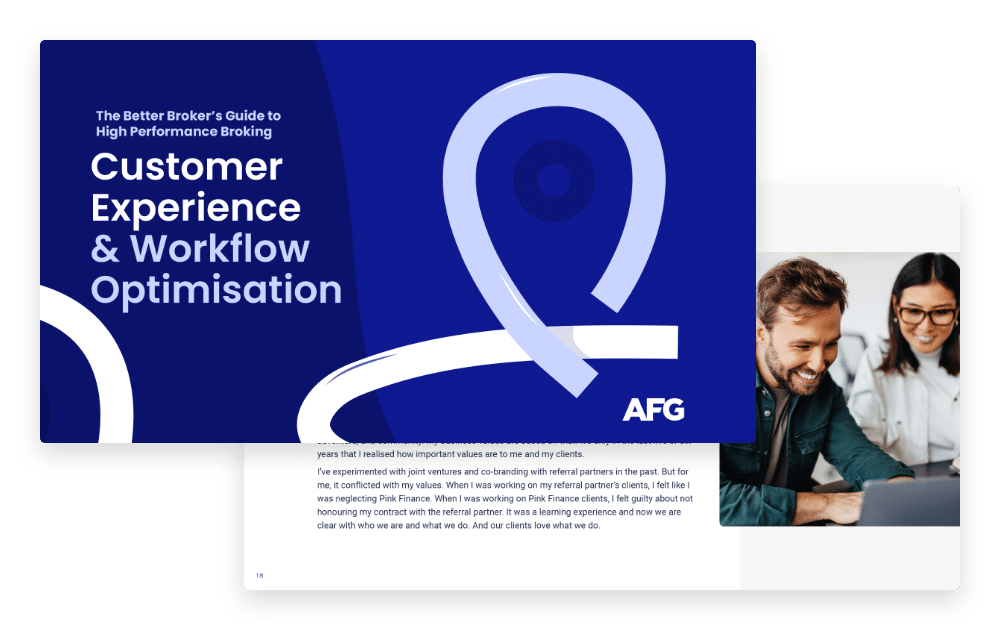SMEs are turning away from traditional banks as lending to small businesses becomes big business for a slew of innovative new lenders.
Traditional methods of getting a business loan involve patience, piles of paperwork and a few trips to the bank and your accountant.
These days, SMEs can apply online and get loans approved within 24 hours, with a host of new players disrupting the small business lending market.
The boom in non-bank lending is great news for business owners, according to AFG Commercial General Manager Keiran Evans.
“It’s become a much more competitive market and that means more choice for borrowers looking for fast approvals and flexibility, particularly around how their loans are secured, and the terms and conditions attached,” Mr Evans said.
For example, SMEs could access loans up to $250,000 through non-bank lenders without necessarily having to put their family home on the line as security.
“While Australia’s big banks are tightly regulated by APRA, non-bank lenders are currently monitored, but not regulated, which allow them more flexibility”, Mr Evans said.
“Awareness among business owners about alternative finance options is still relatively low, but this is where good broker advice can be invaluable.”
Non-bank finance is available for anything from cash flow or asset finance to multi-million-dollar loans to buy premises.
Peter Vala, Head of Sales and Distribution with non-bank lender Thinktank, said his company found broker channels the most effective way to reach clients.
Founded in 2006, Thinktank is a specialist commercial property lender that has written more than $1 billion in loans over the past decade to SMEs and investors.
In recent years, Mr Vala has seen considerable growth in the non-bank lending sector thanks to a combination of money markets freeing up and lower interest rates. Tighter regulations on big bank lending has also allowed non-bank lenders to step in and fill gaps in the market.
“Access to reliable and cost-effective funding has allowed lenders outside the banks to innovate with products to better suit evolving borrower demands,” Mr Vala said. “This is where the non-banks have been at their most agile and where the banks, as regulated by APRA, have pulled back in certain areas, allowing the non-banks to step in very effectively with products that are often superior with respect
to conditions, terms and structure.”
Thinktank, for example, will fund up to 75 per cent loan to value ratio (LVR), offer up to five years interest only, and did not require annual revaluations or loan reviews.
“A good example in our case is the roll out and ongoing enhancement of our SMSF-LRBA (self-managed super fund-limited recourse borrowing arrangement) product, which now accounts for around 20 per cent of all new loans. Another area of development for us is in catering for slightly more specialised areas such as child care, student/backpacker accommodation and hotels/motels,” Mr Vala said.
Along with established institutions such as Thinktank, non-bank lending has also been revolutionised by the emergence of new ‘fintech’ lenders such as Prospa, Spot Cap and Get Capital to name a few.
“The way the fintechs have hit the ground running and are leveraging technology to offer cash flow and working capital finance solutions to Australian businesses has been a revelation in a segment long-acknowledged as under serviced by traditional lenders,” he said.
Fintech-enabled lenders, as the name suggests, use financial technology and multiple data sources
to quickly assess small business loan applications. This allows them to leverage two major advantages over the big banks:
- Speedy application and approvals.
- They can offer unsecured loans to businesses with strong performance indicators.
Growth of fintech lending in Australia has been so rapid, Australia’s Small Business and Family Enterprise Ombudsman Kate Carnell joined forces last year with FinTech Australia and The Bank Doctor’s Neil Slonim to work on a report aimed at helping SMEs better understand non-bank lending.
“With rapid growth in the number of lenders and the variation of fintech products, it becomes more difficult for SMEs to make informed decisions about which products and lenders best suit their circumstances,” Ms Carnell said. A final report is due to be published in February, which is expected to include a self-regulatory regime.









